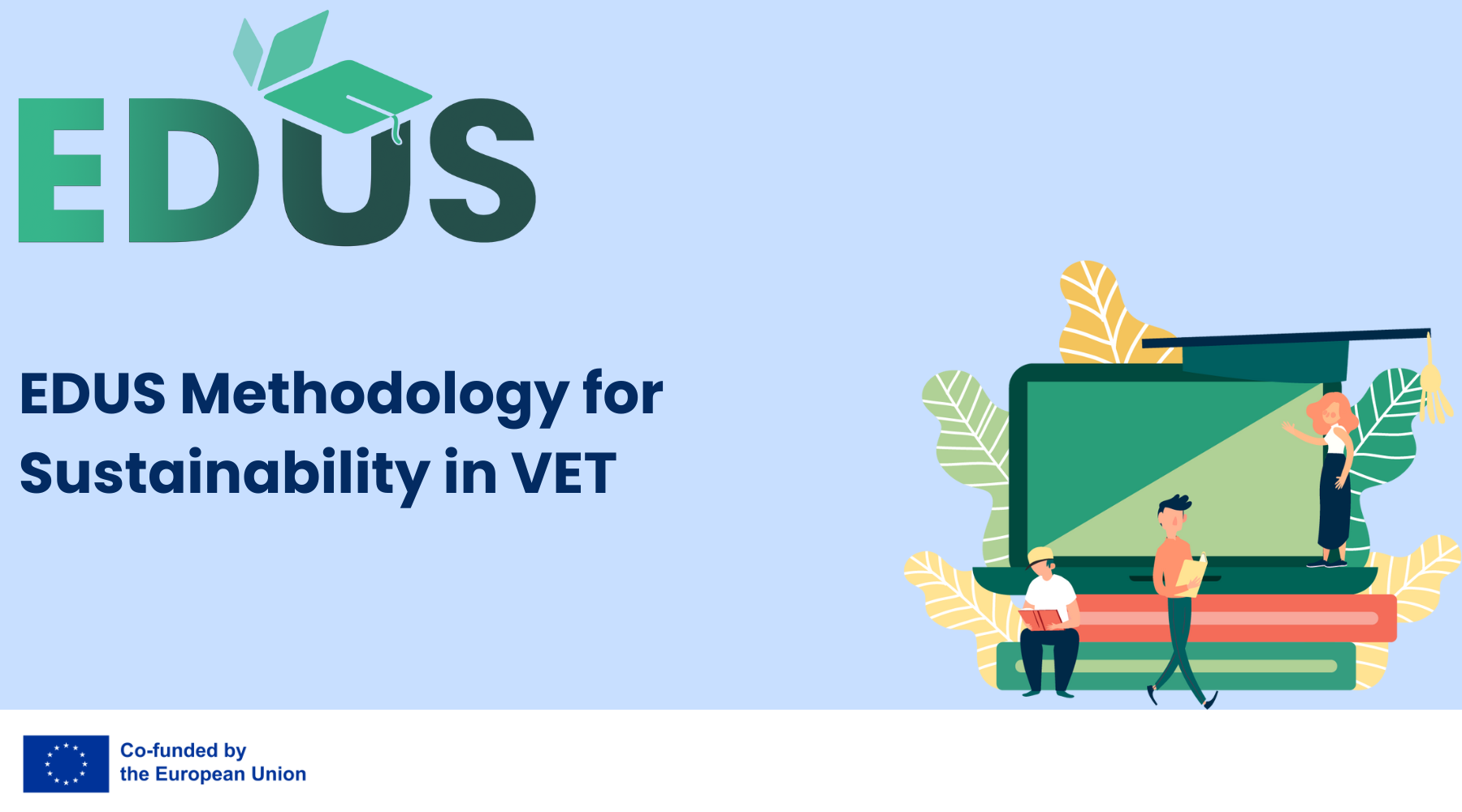
Social Empathy for Sustainability in VET training
11/21/2024 admin
Article written by Stefanía G. Kristinsdóttir.
Segal’s framework of social empathy (2018) offers key elements that can enhance empathy-driven approaches in Vocational Education and Training (VET) for achieving all Sustainable Development Goals (SDGs). These elements include interpersonal empathy (active listening to understand others’ experiences), contextual understanding (recognizing individuals within their social and economic environments), and historical/social knowledge (acknowledging systemic impacts on communities). Perspective-taking encourages students to consider solutions from multiple viewpoints, while compassionate action drives solutions that benefit society and the environment. These principles help VET trainers and students develop inclusive, sustainable practices that align with all SDGs.
SDGs address global challenges, including poverty, hunger, inequality, education, and environmental sustainability. Achieving these goals effectively requires a deep understanding of real-life challenges, which social empathy, as outlined by Segal (2018), provides. Social empathy emphasizes understanding individuals within their social contexts and identifying systemic barriers such as limited access to healthcare, education, or fair employment. For example, applying social empathy to Goal 1 (No Poverty) encourages consideration of hidden barriers like housing and healthcare access, guiding policy toward empowerment and sustainable support. Integrating social empathy with user-centered design in VET allows communities to co-create solutions that directly address their needs across all SDGs.
The EDUS project builds on this approach while advancing Goal 4 (Quality Education) by involving VET teachers and students in creating and refining open educational resources (OERs). EDUS promotes an inclusive, holistic approach to sustainability education, emphasizing practical skills and community engagement. EDUS fosters a learning environment that encourages teachers and students to consider the systemic factors influencing sustainability challenges, promoting an educational process that addresses both environmental and social dimensions. The following are ideas on how social empathy can be embedded into SDG training and efforts:
- Community Engagement: Conduct workshops, interviews, and surveys to gather nuanced insights for every SDG goal, from clean water to decent work.
- Co-Designing Solutions: Include community members and marginalized groups in designing solutions, from housing to sustainable city planning, ensuring alignment with local needs.
- Feedback Mechanisms: Establish continuous input channels to foster ownership and allow solutions to adapt as community needs evolve.
Integrating social empathy into VET for sustainability across all SDGs equips students with skills prioritizing environmental well-being and community needs. Through empathy-based learning, project work, and ethical frameworks, VET can prepare students to design solutions that address diverse cultural and social contexts, creating meaningful, sustainable impact across every SDG. The EDUS project highlights the critical importance of this approach by promoting a comprehensive, sustainable mindset in VET training that empowers students to tackle global challenges with empathy and action.
Segal, E. (2018). Social Empathy: The Art of Understanding Others. New York, NY: Columbia University Press.







